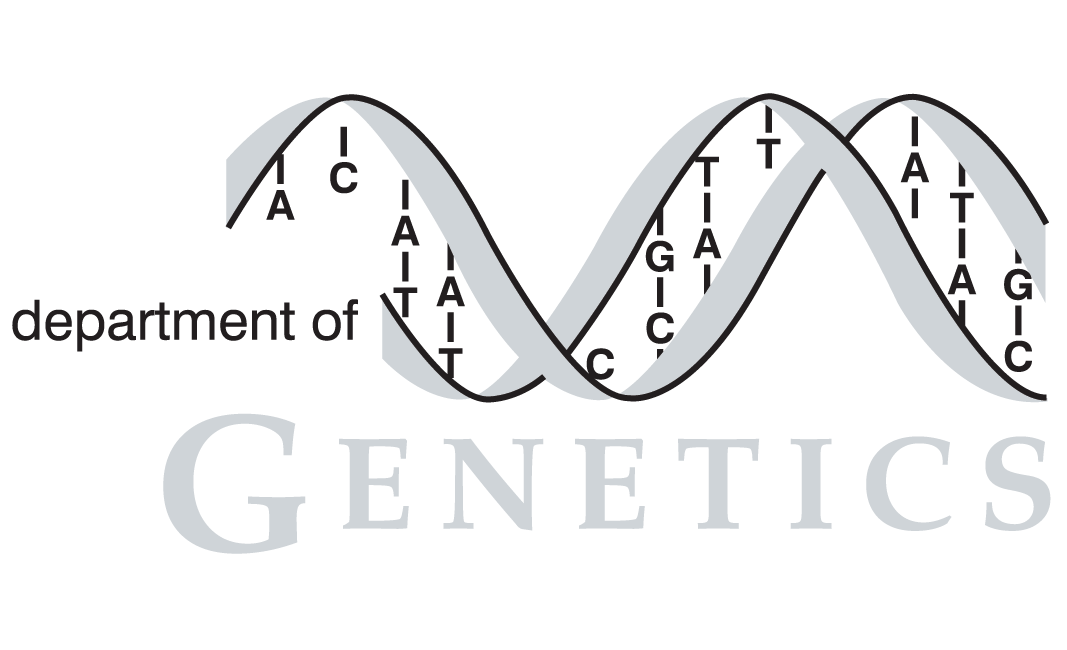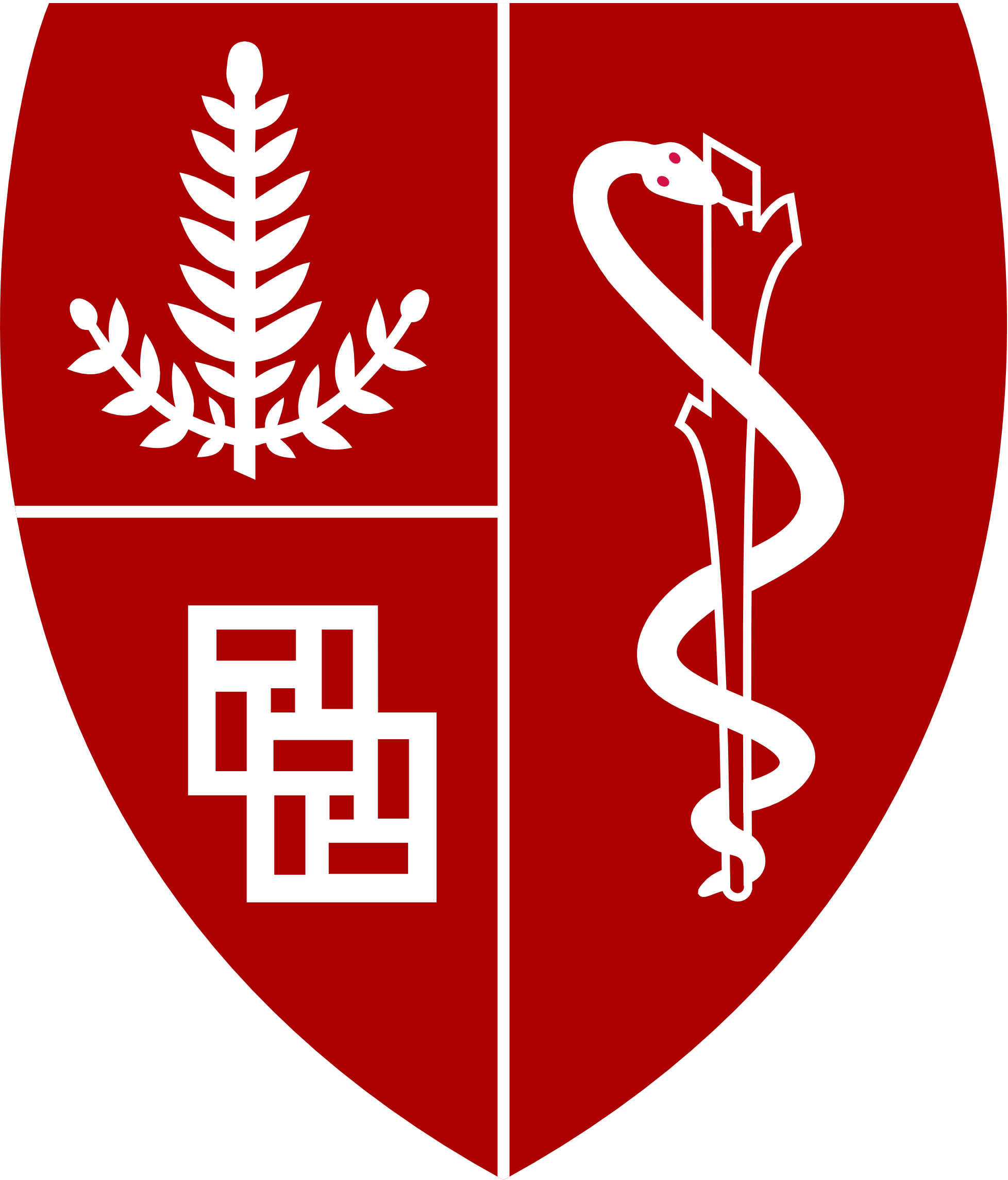| Citation | Liu Z, Hou J, Martinez JL, Petranovic D, Nielsen J. Correlation of cell growth and heterologous protein production by Saccharomyces cerevisiae. Applied microbiology and biotechnology, 2013. |
| PubMed ID | 23392765 |
| Short Description | Correlation of cell growth and heterologous protein production by Saccharomyces cerevisiae. |
| # of Conditions | 18 |
Full Description

|
With the increasing demand for biopharmaceutical proteins and industrial enzymes, it is necessary to optimize the production by microbial fermentation or cell cultures. Yeasts are well established for the production of a wide range of recombinant proteins, but there are also some limitations; e.g., metabolic and cellular stresses have a strong impact on recombinant protein production. In this work, we investigated the effect of the specific growth rate on the production of two different recombinant proteins. Our results show that human insulin precursor is produced in a growth-associated manner, whereas alpha-amylase tends to have a higher yield on substrate at low specific growth rates. Based on transcriptional analysis, we found that the difference in the production of the two proteins as function of the specific growth rate is mainly due to differences in endoplasmic reticulum processing, protein turnover, cell cycle, and global stress response. We also found that there is a shift at a specific growth rate of 0.1 h(-1) that influences protein production. Thus, for lower specific growth rates, the alpha-amylase and insulin precursor-producing strains present similar cell responses and phenotypes, whereas for higher specific growth rates, the two strains respond differently to changes in the specific growth rate. |
Tags
 |
Contact: sgd-helpdesk@lists.stanford.edu


